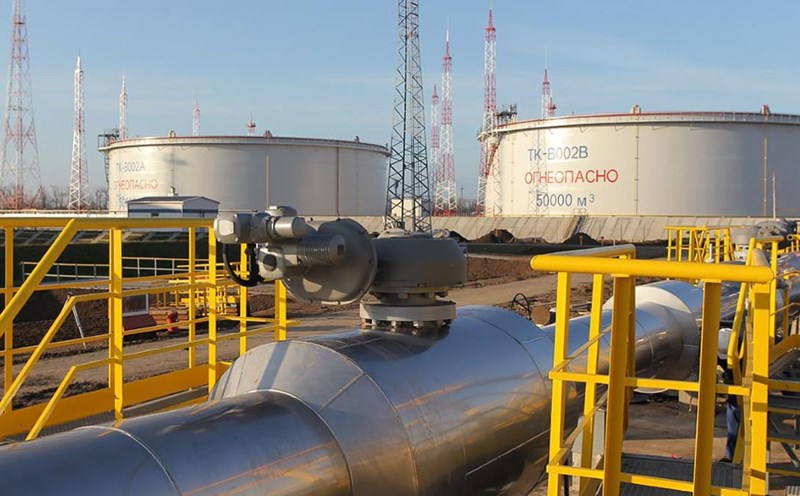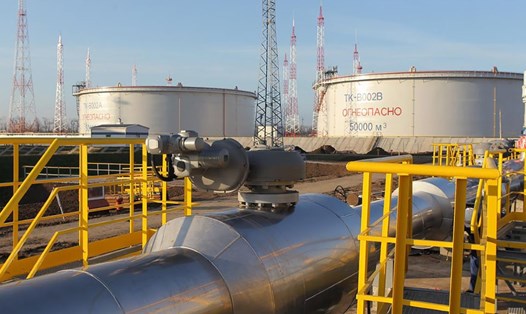Hungary has played a key role in preventing a serious humanitarian crisis in Transnistria by supplying gas to the breakaway territory of Moldova, Hungarian Foreign Minister Peter Szijjarto said at a press conference in Budapest on February 21.
According to Foreign Minister Szijjarto, a few weeks ago, Russian Deputy Prime Minister Alexander Novak contacted him, warning of the risk of a serious gas shortage in Transnistria - where people already face many difficulties.
In this situation, the Hungarian Foreign Minister immediately consulted with a Hungarian-owned energy company, along with the moldovan Foreign Minister, to find a solution.
As a result, a Hungarian-based company has signed a contract to transport gas to Transnistria, although the gas does not come directly from Hungary.
Thanks to Hungarys participation, a serious humanitarian disaster has been prevented, Szijjarto stressed.

TASS reported that on February 14, Hungarian-owned energy giant MET Group announced it had begun supplying gas to Moldova. According to reports from Chisinau and Tiraspol, this supply has helped secure fuel for Transnistria.
Transportation is only possible through coordination between gas transit system operators from the EU, Ukraine and Moldova, according to the Swiss-based MET Group.
On the same day, Transnistria leader Vadim Krasnoselsky confirmed that the first batch of gas had arrived in the region with financial support from Russia.
The transportation process is carried out by MET Gas and Energy Marketing AG, a branch of MET Group, and paid by JNX General Trading LLC headquartered in Dubai.
Since January 1, 2025, after Ukraine stopped the transit of Russian gas to Europe and Moldova refused to pay the debt to Russian oil and gas giant Gazprom, both Moldova and Transnistria have fallen into a serious gas shortage.
In particular, Transnistria is completely lacking gas, leading to industrial factories having to close, with alternating power outages and heating systems stopping operating amid the cold weather.
The Transnistrian government later confirmed that gas supplies had been restored without interruption, stressing that this could only be done with financial support from Russia.











